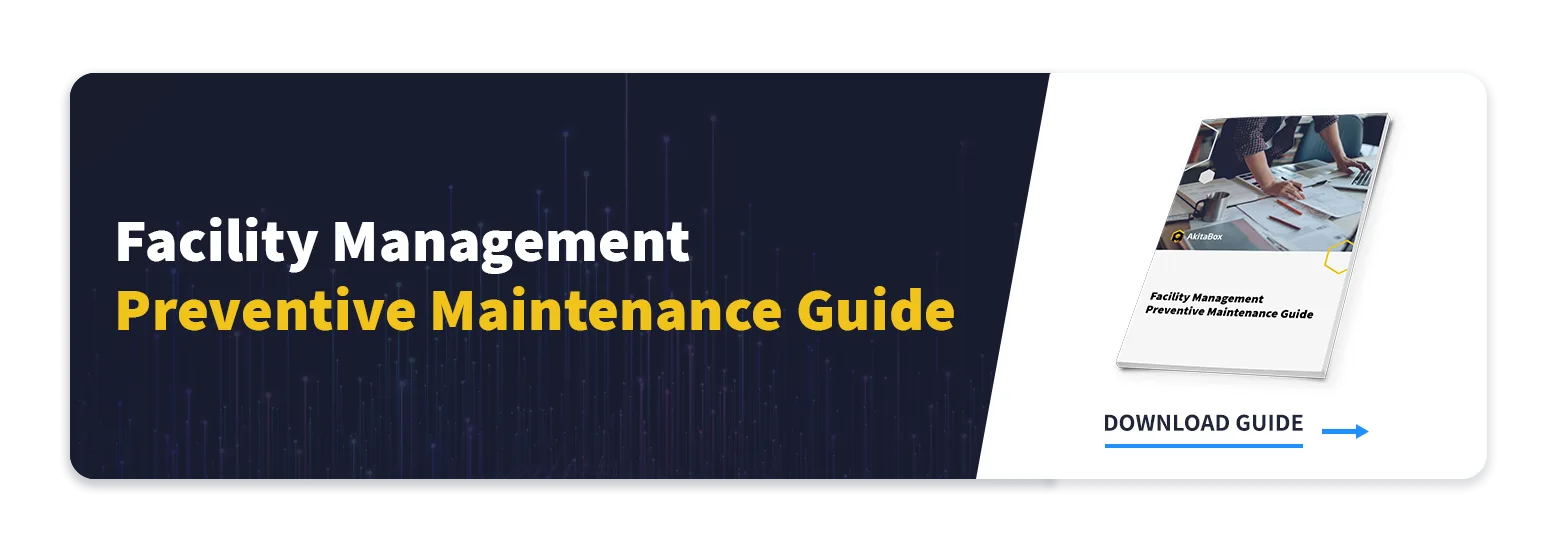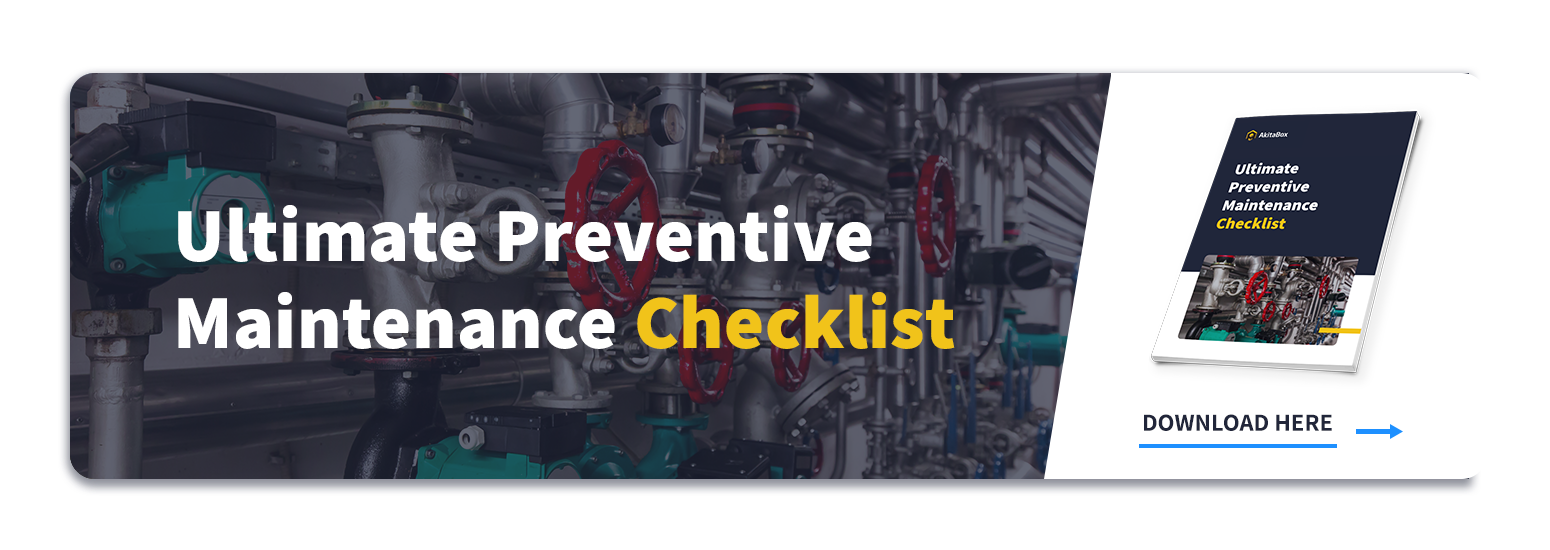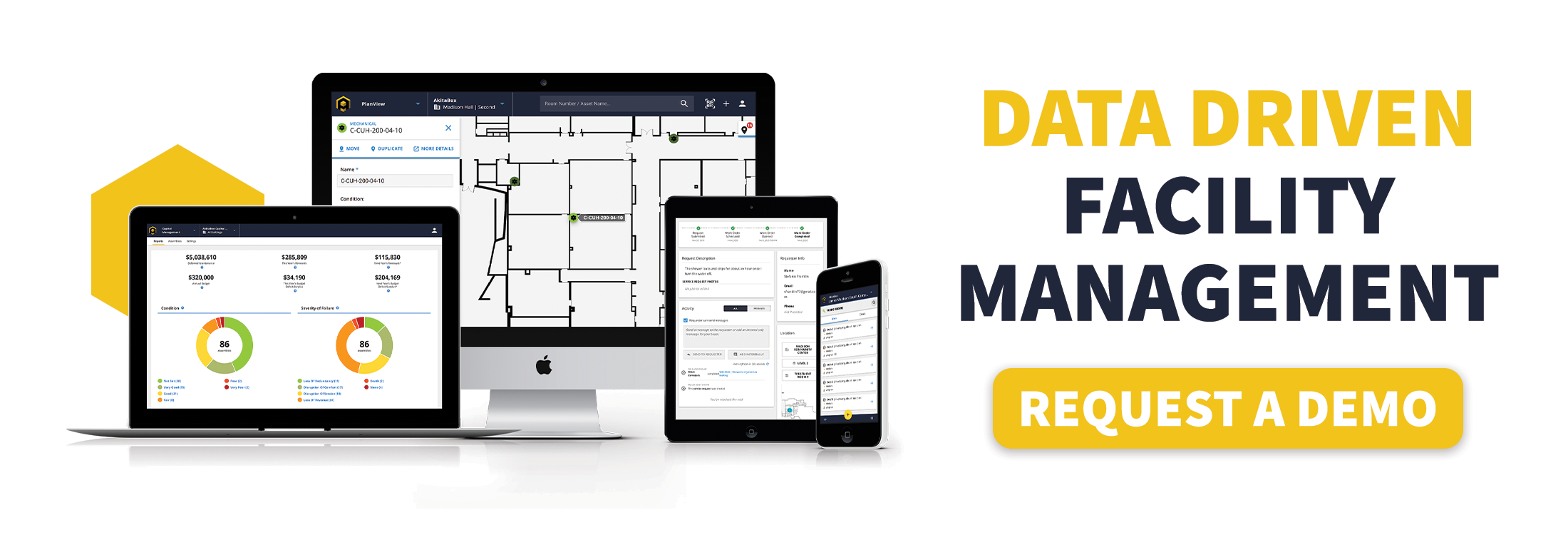Are you looking to learn something new about performing preventive maintenance in your building? If so, you’ve come to the right place. This week, we interviewed six different building management experts and asked for their best advice regarding preventive maintenance best practices in their respective fields.
Keep reading to learn preventive maintenance advice from the following industry experts:
- An electrical safety expert
- An energy analyst
- A real estate guru
- An IoT software product owner
- An HVAC system specialist
- A data analytics and business intelligence architect
Ask the Experts: Top Preventive Maintenance Advice
“By performing preventive maintenance on equipment and machinery, you’ll actively help to prevent electrical fires, injuries and fatalities.”
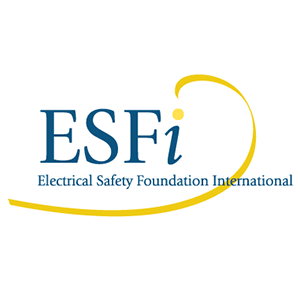 |
Meet the Expert:Brianne Deerwester serves as a Communications Coordinator for the Electrical Safety Foundation International (ESFI), the premier non-profit organization exclusively dedicated to promoting electrical safety in buildings and homes. ESFI’s mission is to spread awareness of electrical safety best practices and reduce electrical-related deaths, injuries and property losses.
|
AkitaBox: “How does preventive maintenance promote electrical safety in the home and workplace?”
Deerwester: “Each year, too many lives are disrupted by electrical fires and too many families mourn the loss of loved ones who have been fatally injured by electricity on the job. Thousands of people in the United States are critically injured and electrocuted as a result of electrical fires and accidents each year. The best way to protect your family, your home or your workplace against electrical risks is to be prepared and prevent an accident before it can happen.”
AkitaBox: “What tips can your organization share regarding preventive maintenance best practices?”
Deerwester: “Electricity is a necessary part of our lives that we tend to take for granted, but using it safely is vitally important. ESFI’s website has a variety of helpful information regarding maintenance best practices. Here are tips that I can share regarding electrical maintenance, HVAC maintenance and preventive fire safety.”
Electrical Maintenance Tips:
- Learn about your building’s electrical system so that you can safely navigate and maintain it.
- All electrical systems should have an electrical inspection if the building is older than 40 years or has had a major addition, renovation or large appliance added.
- Only use licensed, insured and bonded contractors that will stand behind their work.
- Only purchase items that have been tested or marked by a nationally recognized testing laboratory to avoid counterfeit electrical goods.
HVAC Maintenance Tips:
- If your furnace is more than 15 years old, or if your air conditioner is more than 10 years old, it is likely time for a replacement.
- Make sure fuel-burning heating equipment is vented to the outside without obstruction.
- Replace the HVAC filter at least every 90 days.
- Keep intake and output vents clean and clear of debris and dust.
- Have your heating and air conditioning systems inspected by a qualified service professional at least once a year to make sure they are running at optimal efficiency and to diagnose any potential problems.
Preventive Fire Safety Tips:
- Remember to test smoke alarms monthly, change smoke alarm batteries yearly, and replace smoke alarms every 10 years.
- Test carbon monoxide alarms at least once a month. Carbon monoxide alarm batteries should be replaced in accordance with the manufacturer’s instructions or at least once a year.
- Prepare a fire escape plan for your occupants before an emergency happens. Everyone in your building should be involved in creating and practicing your escape plan.
“Preventive maintenance can help you avoid emergency repairs, which could cost your business hundreds, if not thousands, of dollars.”
|
|
Meet the Expert:Matthias Alleckna serves as an expert energy analyst at EnergyRates.ca, a leading energy rate comparison website. The organization provides users with unbiased, third-party reviews of electricity and natural gas retailers so they can select the best option for their needs. Alleckna also contributes to the Energy Rates Blog, which explores best practices for increasing overall efficiency in your building.
|
AB: “Is performing preventive maintenance worth the time and money?”
Alleckna: “In the short term, it may seem costly to have a specialist come take a look at your HVAC systems every few years and tell you that everything is working fine. However, the cost to hire an HVAC technician is much less than paying to blast heat to one room for the lifetime of your building.
You’ll end up paying much more to repair a broken-down system that’s been affected by excessive wear-and-tear than if you would have performed regular preventive maintenance to keep the asset in working order.”
AB: “What is your best advice that you can share regarding preventive maintenance best practices?”
Alleckna: “Updating your plumbing, electrical appliances and ventilation systems to more efficient models will offset the consumption costs associated with using these items regularly. It’s better to spend a bit now to avoid a costly emergency down the road.
In the case of performing efficiency upgrades, there’s always a way to save money on every utility bill for the lifetime of the building and prevent those costly emergencies.”
“Preventive maintenance records reassure prospective property buyers and tenants that the building has been properly maintained.”
 |
Meet the Expert:Patrick Frank serves as the Head of Sales for Biproxi, a global online commercial real estate marketplace for brokers, sellers and buyers. The organization’s goal is to form a partnership with brokers and provide assistance with marketing, vendor management and logistics efforts.
|
AB: “What advice can you give to property owners in regards to preventive maintenance efforts?”
Frank: “Doing preventive maintenance is a very smart move for property owners. Performing preventive maintenance on equipment and machinery can save you money and prevent downtime for your business and tenants.
The main benefit is to maintain equipment before it fails. This usually involves following manufacturer-suggested maintenance intervals and regular inspections. Doing so will enable property owners and tenants to get an accurate breakdown of the cost to operate and maintain the facility’s equipment, as well as prepare a maintenance schedule.”
AB: “If you could give property owners preventive maintenance advice, what would it be?”
Frank: “Perform regular maintenance and upkeep on all the property’s equipment and machinery, and keep an accurate log of the costs and dates the maintenance was performed on. If you’re a property owner, having these records on hand will help reassure prospective buyers and tenants that the building has been maintained regularly.”
“Data-driven maintenance decisions can lead to better energy efficiency, longer equipment lifespans, and improved overall performance.”
 |
Meet the Expert:Anand Sasi serves as a Product Owner at Data Talks Software House. Data Talks is a Dubai-based startup that builds cloud-based, data-driven applications that combine the power of IoT with data acquired and aggregated from people, equipment, devices and sensors.
|
AB: “In your opinion, how can a life-cycle cost analysis benefit a business or organization?
Sasi: “Performing a life-cycle cost analysis (LCCA) is just one part of a successful preventive maintenance program. The right LCCA program can reveal a variety of helpful data points. For example, it can reveal how each asset performs in different environmental conditions.
It can show common breakdowns, their causes and resolution steps. It can even show how much energy is used in various operating conditions, and which parts are easily worn down or need to be replaced. Such data can drive the data-driven decisions that lead to better energy efficiency, longer lifespans and better overall performance.”
AB: “How can performing a life-cycle cost analysis benefit an organization?”
A life-cycle cost analysis (LCCA) program can have a variety of benefits, including the following.
- Ranking and Benchmarking Equipment – Facility management operators will always have a good idea about how assets are performing at any given time. They’ll also know the costs associated with every hour of operating an asset and how each cost compares with other assets in the same category.
- Accurate Operational Decisions – LCCA allows the operator to decide when to refurbish or replace an asset, depending on the costs associated with each option. Sometimes, replacing an asset is more cost-effective than paying to maintain it.
- Purchase Planning – Facility management operators will know exactly when to purchase new equipment or spares, allowing them to plan months in advance and ensure continued smooth operations.
- Which Make & Model to Buy – LCCA provides insights into how long a particular model will last and how much it will cost to operate the machine per hour. Data will also reveal how each make and model compares to similar assets that are already in operation.
- Reporting to Stakeholders – When a technical manager requests a purchase or insists on a particular brand, it has to be justified to stakeholders. Advisory reports from an LCCA program ensure that everyone is on the same page regarding such decisions.
“Organizations have an obligation to leverage preventive maintenance to provide clean, comfortable and efficient work environments.”
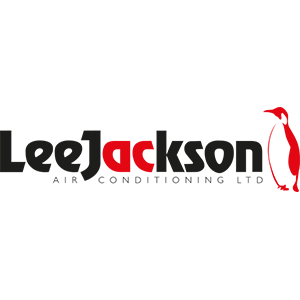 |
Meet the Expert:Lee Jackson is the business owner and director of Lee Jackson Air Conditioning, a UK-based organization dedicated to providing high-quality commercial air conditioning solutions for over 15 years. Lee Jackson Air Condition’s team specializes in installing and maintaining air conditioning systems for a broad range of industries.
|
AB: “As a business owner in the HVAC industry, what preventive maintenance insight have you learned over the years?”
Jackson: “Preventive maintenance for air conditioning is such an important thing and can actually save you a lot of money in the long run. Preventive maintenance is going to prolong the life of your HVAC system, which means that you won’t have to replace it in such a short amount of time.
Similarly, if you are managing a business or office, you should be carrying out preventive maintenance on your HVAC unit regularly. You have an obligation to provide a certain quality of air for your employees. You will likely see that your employees perform better when their work environments are clean and sanitary.”
“Want to make the most cost-effective equipment replacement decisions? Use a life-cycle cost analysis.”
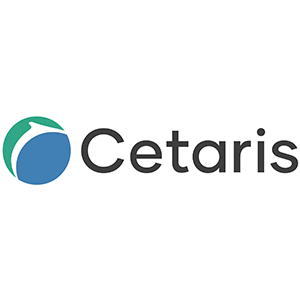 |
Meet the Expert:Guang Sun serves as a Lead Data Analytics and Business Intelligence (BI) Architect at Cetaris, a Canada-based company that specializes in fleet maintenance solutions. With a steady flow of data, Cetaris users can continuously measure and optimize their operations in real-time with comprehensive reports and KPIs.
|
AkitaBox: “How can a life-cycle cost analysis (LCCA) be applied to fleet management?”
Sun: “Equipment life-cycle cost analysis (LCCA) is typically used as one component of the equipment fleet management process and allows the fleet manager to make equipment repair, replacement and retention decisions on the basis of a given piece of equipment’s economic life. The decision to repair, overhaul or replace a piece of equipment in a fleet is a function of ownership and operating costs.”
AB: “How does life-cycle cost analysis (LCCA) impact the success of fleet management?”
Sun: “Equipment replacement decisions are critical to the success of fleet management. If a piece of equipment is not replaced at the end of its economic service life, then maintenance, repair, and fuel consumption costs will outweigh the value of its purpose — eating more than its fair share of the agency’s limited operations budget.”
Software that Drives Preventive Maintenance Program Success
Tight budgets and timelines often drive reactive rather than preventive maintenance management. If your organization primarily operates on a reactive approach to maintenance, no worries. It’s never too late to switch to a more proactive approach to maintenance operations.
Let the experts at AkitaBox help you establish a preventive maintenance program that works. Our preventive maintenance module, housed in the AkitaBox building infrastructure management platform, helps facilities personnel take back their day and keep their teams focused on what really matters: saving money and getting ahead on crucial maintenance tasks. Click the image below to watch AkitaBox in action!
